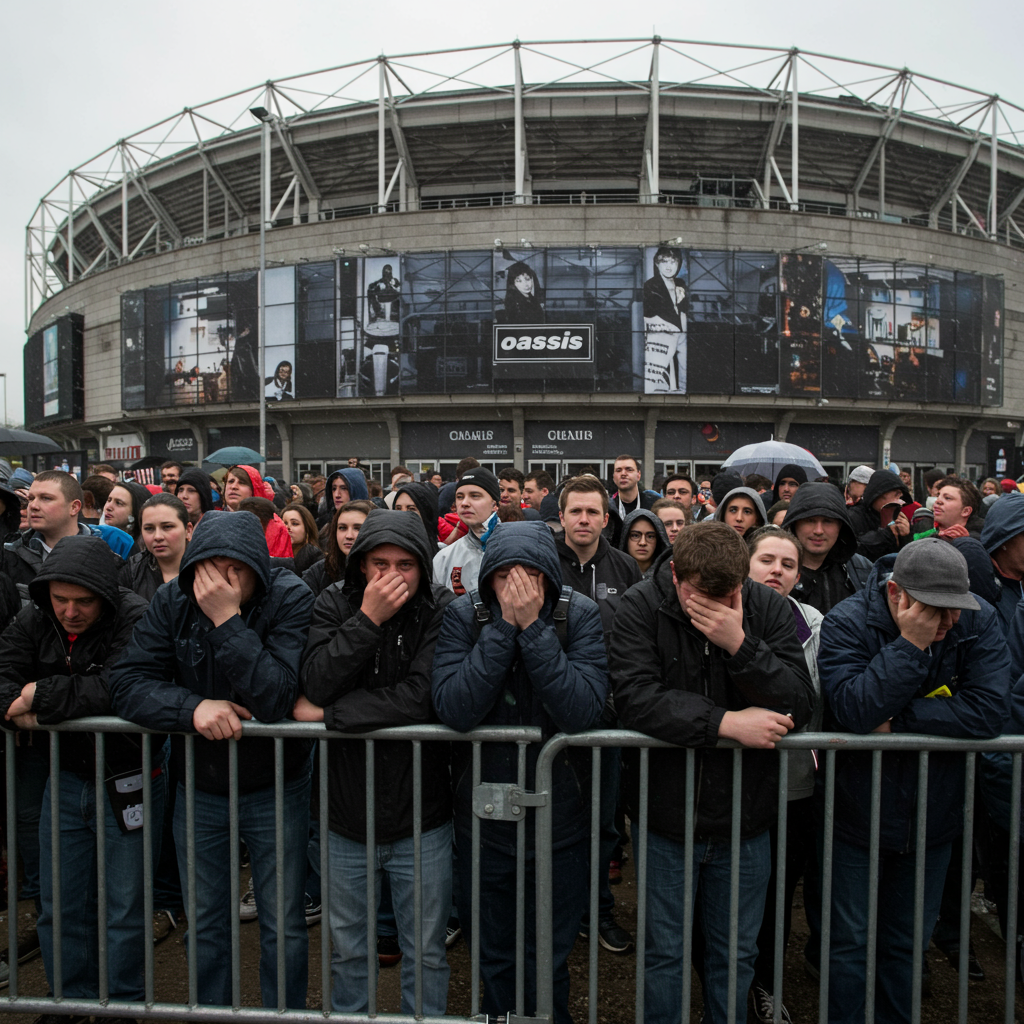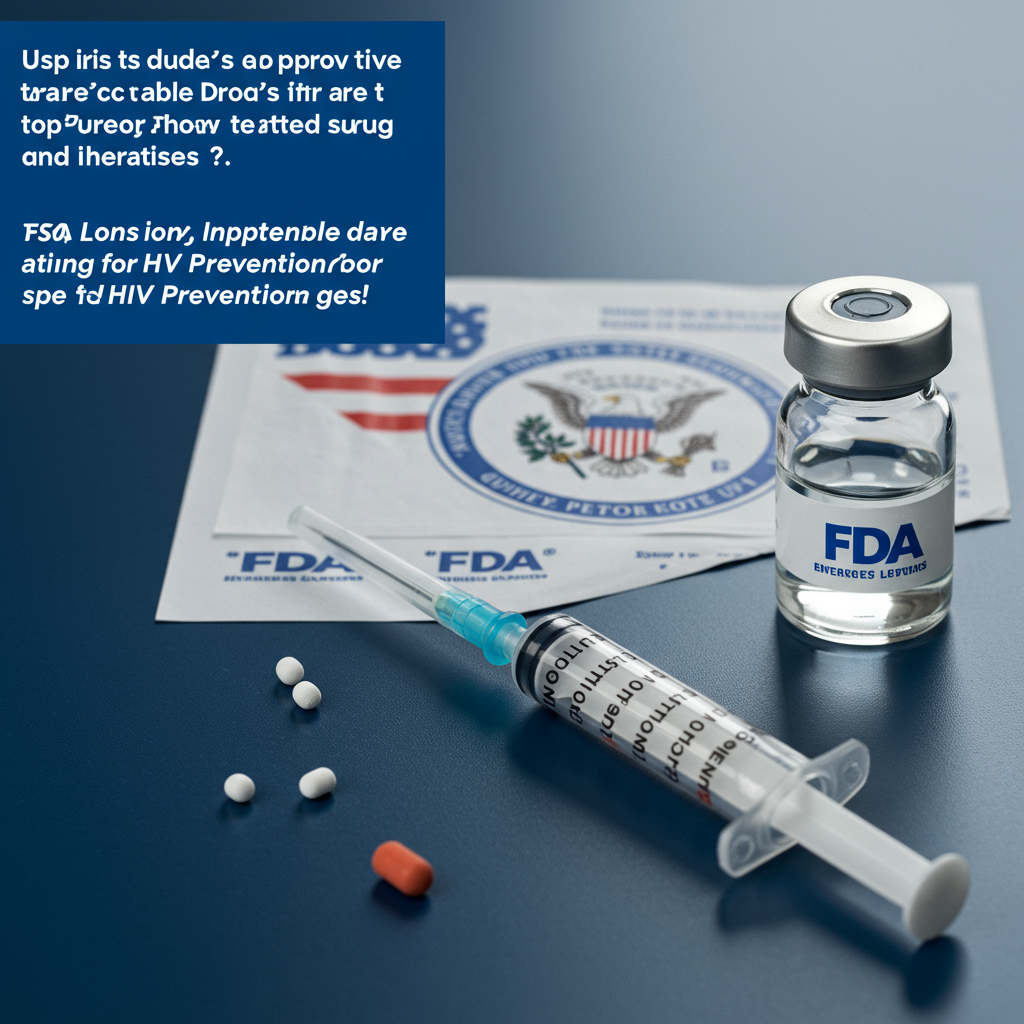The dream of seeing oasis reunite on stage ignited excitement for millions, but for dozens of dedicated fans hoping to catch the band in Cardiff, that dream turned into a crushing nightmare. Believing they had secured highly sought-after private box tickets for the sold-out show at Principality Stadium, many paid significant sums, only to discover the tickets were allegedly fake or non-existent, leaving them heartbroken and unable to attend.
Victims across Wales and beyond reported losing hundreds, even thousands, of pounds. They expressed feelings of devastation, anger, and betrayal after realizing they had been duped. The alleged source of the scam is a Pembrokeshire-based business owner, David Gray, who victims claim left potentially up to 100 people without the tickets they paid for. While BBC Wales reported making repeated attempts to contact Mr. Gray, he remained unavailable for comment. Dyfed-Powys Police have confirmed they are investigating reports of a ticket scam, though they have not publicly named the individual involved.
The Alleged Scam’s Deceptive Rollout
The accounts from affected fans paint a picture of trust that was allegedly exploited. Neil Stephens from Crumlin, Caerphilly, described the profound disappointment. He paid £500 for tickets for himself and his wife Hannah, an ardent Oasis fan who was left “inconsolable.” Stephens was introduced to Gray through a friend who described him as a client of the Principality Stadium with a history of hosting corporate events. Stephens noted that friends had previously attended major events like Foo Fighters concerts and rugby matches seemingly as Gray’s guests, lending an air of legitimacy that raised “no alarm bells.”
Mark Bonnici from Machen, Caerphilly, echoed this sentiment. Having known Gray for years and successfully purchased rugby hospitality tickets from him in the past, Bonnici had no reason to distrust him. He paid £1,200 for four tickets, an experience that left him feeling “sick.”
Concerns began to mount only about a week before the concert. Gray reportedly delayed providing the digital tickets, citing issues with his mobile phone as the reason he couldn’t transfer them. This excuse became a recurring theme.
Confrontation and Crushing Realization
As the concert date loomed, suspicion grew. The day before the gig, Neil Stephens and a friend took matters into their own hands, driving to The Speculation Inn near Pembroke, a pub reportedly owned by Gray’s family, to confront him. Stephens recalled Gray again blaming a phone problem and promising to meet them the next day at 4:30 pm outside Gate 3 of the Principality Stadium to resolve the issue.
Mark Bonnici received a similar instruction to meet Gray at Gate 3, also being told the delay was due to a phone malfunction. However, when the appointed time arrived, neither Stephens nor Bonnici found Gray at the designated meeting point. His phone was reportedly switched off, and he was unreachable.
The truth was confirmed through direct contact with the venue. While en route to Cardiff on the Saturday morning of the concert, Stephens called the hospitality account manager for Principality Stadium. He received the devastating news: the booking did not exist under David Gray’s name. Similarly, Mark Bonnici’s daughter contacted stadium hospitality, receiving the same confirmation and learning that other groups were also waiting at Gate 3 for tickets from the same individual.
Scale of Loss and Lingering Disappointment
Connecting through social media revealed the true scale of the alleged scam. Fans discovered that Gray had not only allegedly sold tickets for a single box multiple times but had also reportedly sold tickets to potentially close to 100 people in total, far exceeding the capacity of any private box. Stephens estimated that fans had lost “tens and tens of thousands of pounds” collectively. He also claimed that Gray may have increased prices substantially last summer, potentially charging between £900 and £1,000 per ticket as demand surged.
Despite the significant financial losses, many victims, including Neil Stephens, felt that the biggest blow was missing the concert itself. For avid fans, seeing Oasis reunite after a long hiatus was an irreplaceable experience. With the concert sold out, there was no opportunity to secure legitimate tickets at the last minute. The personal impact was profound; Stephens noted that for his wife, missing the gig was even more upsetting than losing the money. This illustrates how the emotional cost of ticket fraud can often outweigh the financial one.
The Wider Problem: Concert Ticket Fraud in the UK
The Cardiff incident, while devastating for those involved, highlights a much broader issue: the pervasive problem of ticket fraud targeting high-demand events. National figures reveal a disturbing trend. In the past year alone, almost 10,000 reports of ticket fraud were made across the UK, resulting in estimated total losses of £10.6 million. Concerts are a prime target, accounting for 38% of all reported ticket fraud claims. Other high-profile cases include hundreds of complaints related to Taylor Swift gigs and an estimated £2 million lost by other Oasis fans to unrelated fraudsters, according to one bank study.
These statistics underscore the vulnerability of fans in a market driven by intense demand, particularly when official ticket releases are rapidly exhausted, pushing hopeful attendees towards unofficial secondary markets.
Reporting Scams: Facing Hurdles
Victims of ticket fraud often face frustrating challenges when seeking recourse. In a separate case involving alleged scammer Stephen Cavanagh and Oasis fans hoping to see the band in Manchester, a group reported losing around £6,000 collectively. Despite providing the alleged scammer’s name and bank details, they were initially told by Action Fraud, the UK’s national reporting centre for fraud, that there were “no viable lines of enquiry.” This response drew sharp criticism from victims like Lisa Barker, who felt let down and that there was “no deterrent.”
Experts in ticket fraud, like Reg Walker, argue that cuts to police resources have led to an over-reliance on automated systems at Action Fraud. This can mean that potentially valid cases with clear leads, such as identifying details, are not being manually reviewed or properly forwarded for investigation, leaving victims feeling ignored and discouraging further reporting. While Action Fraud states they use reports for intelligence and disruptive actions even if not passed to police, the experience for many victims is one of frustration and a perceived lack of justice.
How to Protect Yourself from Ticket Scams
Protecting yourself when buying tickets, especially for highly anticipated, sold-out events like the Oasis reunion, is crucial. Scammers thrive on desperation and demand.
Key steps to minimise your risk include:
Always Use Official Channels: Stick to reputable primary ticket outlets (like Ticketmaster, Gigs and Tours, See Tickets mentioned for official Oasis sales) or official resale platforms linked directly by the artist or venue.
Be Wary of Social Media Offers: While convenient, social media platforms are rife with fraudsters selling fake or non-existent tickets. Be extremely cautious or avoid altogether unless dealing with someone you know and trust implicitly (and even then, verify).
Check Seller Legitimacy: For secondary sales, use established, accredited resale platforms that offer buyer protection and guarantee authenticity or refunds. Research the platform’s reputation and policies.
Question Unusually Low Prices: If a deal seems too good to be true, it almost certainly is. Scammers often use enticingly low prices to pressure buyers.
Avoid Direct Bank Transfers: Never pay for tickets via direct bank transfer to individuals you don’t know well. This method offers virtually no buyer protection. Secure payment methods like credit cards or protected payment platforms provide more recourse if something goes wrong.
Verify Digital Tickets: Be cautious if a seller cannot or will not use official digital transfer methods provided by the primary ticket vendor. Some platforms allow tickets to be securely transferred directly to the buyer’s account.
- Be Skeptical of Vague Excuses: Delays, excuses about phone issues, or requests to meet in person outside the venue are significant red flags.
- www.bbc.com
- www.bbc.com
- www.bbc.co.uk
- www.theguardian.com
- www.mirror.co.uk
If you suspect you have been targeted by a ticket scam, report it to Action Fraud immediately, providing as much detail as possible, including seller contact information and bank details if available. Contact your bank or payment provider to see if any funds can be recovered.
Frequently Asked Questions
What happened with the Oasis Cardiff ticket scam?
Dozens of Oasis fans who believed they had purchased private box tickets for the band’s concert in Cardiff allegedly paid hundreds or thousands of pounds to Pembrokeshire business owner David Gray. Victims claim they never received the tickets, discovering they were fake or non-existent on the day of the concert. This resulted in significant financial losses and the inability to attend the sold-out show at Principality Stadium. Police are investigating reports of a ticket scam related to the event.
How can I avoid buying fake Oasis reunion tickets?
To avoid fake tickets for high-demand events like the Oasis reunion tour, always buy from official primary ticket websites (like Ticketmaster, Gigs and Tours, See Tickets) or verified resale marketplaces explicitly endorsed by the band or venue. Be extremely cautious of offers on social media, unofficial forums, or from individuals you don’t know. Never send money via direct bank transfer to unverified sellers, and be suspicious of prices that seem too low or sellers who make excuses about transferring tickets.
Is concert ticket fraud a widespread problem in the UK?
Yes, concert ticket fraud is a significant and growing problem in the UK. Reports show thousands of incidents annually, resulting in millions of pounds lost to fraudsters. Concerts are a major target due to high demand, particularly for popular reunion tours like Oasis. Victims often report difficulties with the official reporting process through Action Fraud, highlighting systemic challenges in investigating these types of crimes despite victims providing details of alleged scammers.
Staying Vigilant in a High-Demand Market
The alleged Oasis Cardiff ticket scam serves as a stark reminder of the risks fans face when trying to secure tickets for hugely popular events. The emotional fallout from missing a highly anticipated concert, combined with significant financial loss, can be devastating. As the demand for live music continues unabated, especially for iconic reunions, fans must remain vigilant. By understanding the common tactics of fraudsters and sticking to official, secure purchasing methods, music lovers can better protect themselves from becoming the next victim of ticket fraud and ensure their focus remains on the music, not the scam.



